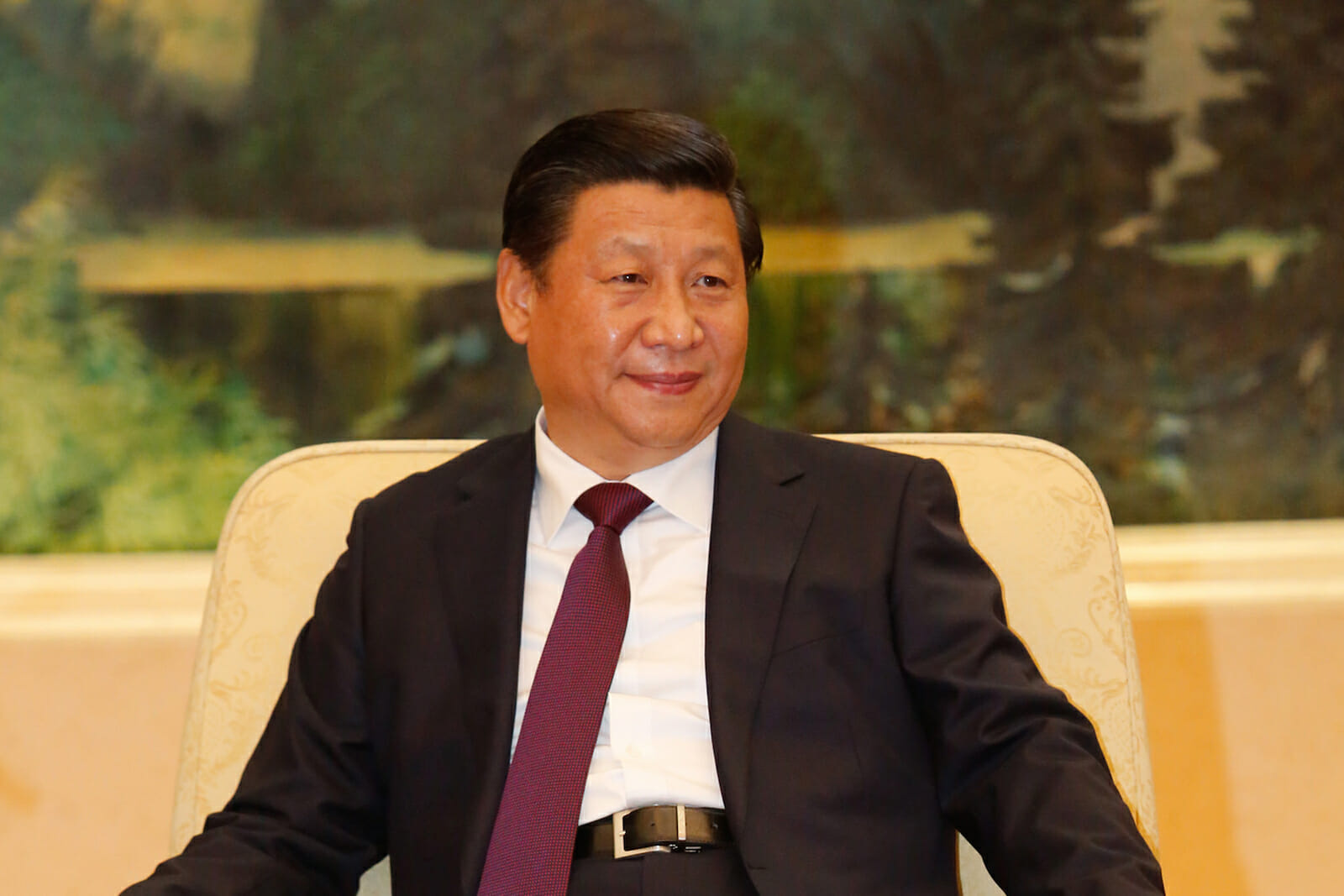
China’s Xi Jinping Seeks to Strengthen Relations with Russia and Africa
The first official state visits by the new president of China, Xi Jinping, have just been announced; Xi Jinping will embark on a four-country tour of Russia, Tanzania, South Africa and the Democratic Republic of Congo.
In terms of grand strategy, the Chinese visit to Russia and South Africa, as well as BRICS countries is about balancing against the West and pushing for a multi-polar world order. The visits will prioritize China’s interests as a mixture of cementing geopolitical alliances and closing major strategic resource deals. While one can expect the usual announcements of eternal friendship in Tanzania and South Africa, the real test for Xi Jinping will be whether he can close an oil deal with Russia and resolve the resources-infrastructure trade-off agreement with the Democratic Republic of Congo. From an African perspective, it appears that the new Chinese leadership is redoubling efforts on its comprehensive charm offensive in Africa.
Tanzania will be the first African stop for Xi Jinping and it is largely symbolic. The Tanzam Railway remains a symbol of third-world comradery, as it was China’s most ambitious sponsorship in the 1970s, completed two years ahead of schedule in 1975 at great cost even though China was still poor at the time.
The amicable treatment of China in Tanzania contrasts with Zambia, where Chinese copper mining operations have led to periodic expressions of anti-Chinese sentiments. Xi can expect a positive reception in Tanzania as he announces another injection of capital to the railway, which has fallen into disrepair.
In addition to Tanzania, South Africa has quickly become a key strategic partner with the Chinese in international affairs since the establishment of formal relations in 1998, which is embellished by Xi’s visit. The Mbeki administration requested China and Russia to support its stance on Zimbabwe, calling on the two veto-wielding UN Security Council members to block American and British-sponsored sanctions in 2008. In addition, South Africa has been leaning on Chinese support for its inclusion in the BRICS club, which would elevate it to the status of a first rank developing country. Xi Jinping can expect to receive a warm welcome in Durban.
Xi’s visits to Tanzania and South Africa will focus on strengthening bilateral ties to achieve a common global goal, but there is business to be done in Russia and the Democratic Republic of Congo. With Western Europe stagnating and China’s ever-increasing appetite for natural gas, a major triumph for China will be if Xi can persuade Vladimir Putin to sign a natural gas pipeline deal. A natural gas pipeline between China and Russia will diversify China’s energy supplies and therefore lessen China’s vulnerability to any US embargo on its oil imports. It will also provide energy to develop its interior provinces as a part of the ‘Go West Strategy.’ Finally, the deal will also strengthen Sino-Russian ties through counter-balancing Western hegemony. Given these benefits and the rising demand for natural gas, the Chinese are very keen for a deal to go through.
Despite the new leader’s warm receptions in Tanzania and South Africa, relations with the Democratic Republic of Congo is proof that China does not always get its way in Africa -the ‘minerals for infrastructure’ agreement between China and the Democratic Republic of Congo, first announced in 2007 and reportedly worth $9 billion USD, is controversial. It is essentially a barter deal where the DRC barters its rich copper reserves for improved infrastructure. The deal is currently stalled and in danger of collapse as China Exim Bank pulled out as its finance provider in early 2012. As Africa’s “sleeping giant,” the DRC presents a substantial opportunity for Chinese businesses. As in Russia, Xi Jinping will use his considerable resources during his visit to try to close the le contrat chinois as the deal is known in the DRC.
Xi Jinping’s first official visits show where the new Chinese leadership places their foreign policy future and the priority of securing precious African resources along with Russian oil for the country’s growing domestic demands.

